This a crosspost from Saideman's Semi-Spew. This week, we found out that Brandon Valeriano died. It is quite gutting as he had such a terrific spirit, and he was too damned young. Brandon stood out from the crowd at all the conferences as he was...


This a crosspost from Saideman's Semi-Spew. This week, we found out that Brandon Valeriano died. It is quite gutting as he had such a terrific spirit, and he was too damned young. Brandon stood out from the crowd at all the conferences as he was...

When I arrived at the Pentagon in 2009, the Obama administration was just getting its footing as caretakers of the War on Terror. Our focus then was truly global dominion. That meant, yes, killing...

With a symbolically successful COP28 and substantively significant investments in clean energy around the world, 2023 boasts some positive news on climate change. Not a moment too soon: global GHG...
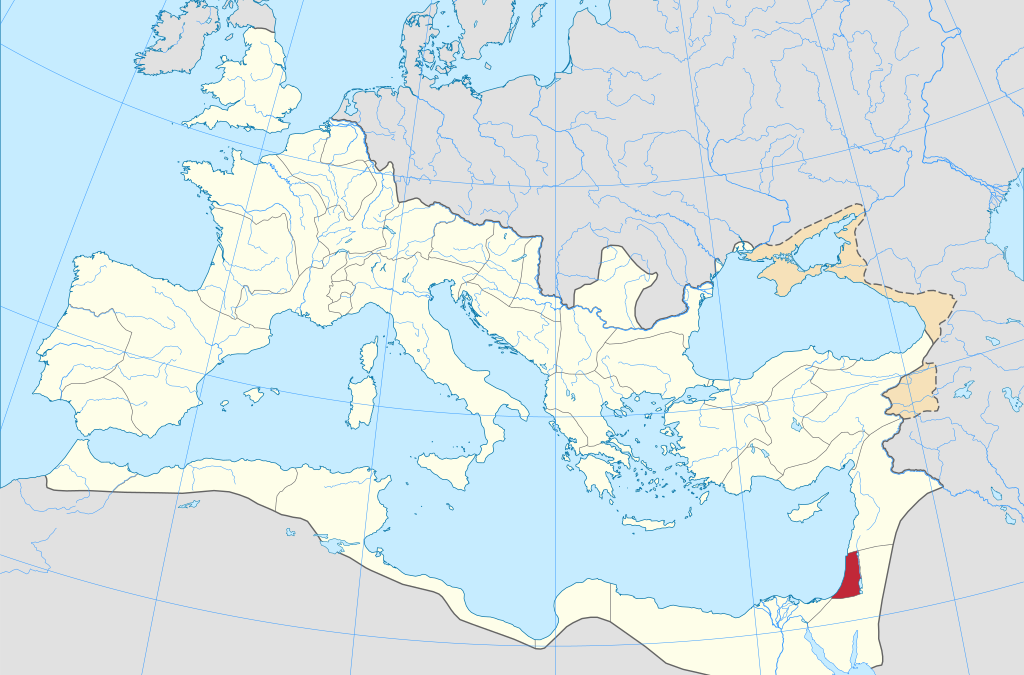
A controversy broke out the weekend before Christmas, when Fr. Edward Beck, a Roman Catholic priest, claimed Jesus was a "Palestinian Jew" while discussing the current war between Israel and Hamas....

Jarrod talks with Professor Marwa Daoudy about her new book, The Origins of The Syrian Conflict: Climate Change and Human Security (Cambridge, 2020).
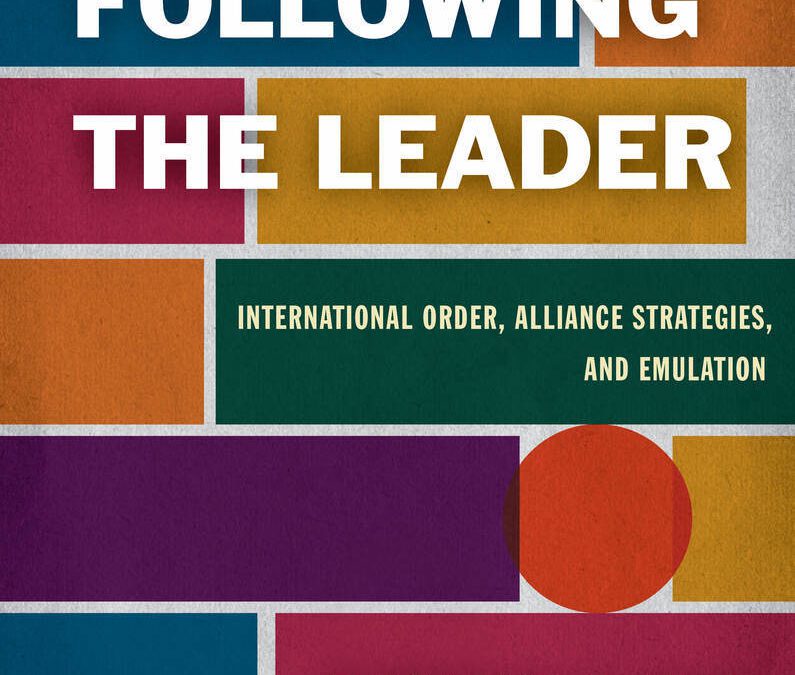
Raymond Kuo answers 6 (+1) questions about his 2021 book on why the institutional design of alliances changes over time.
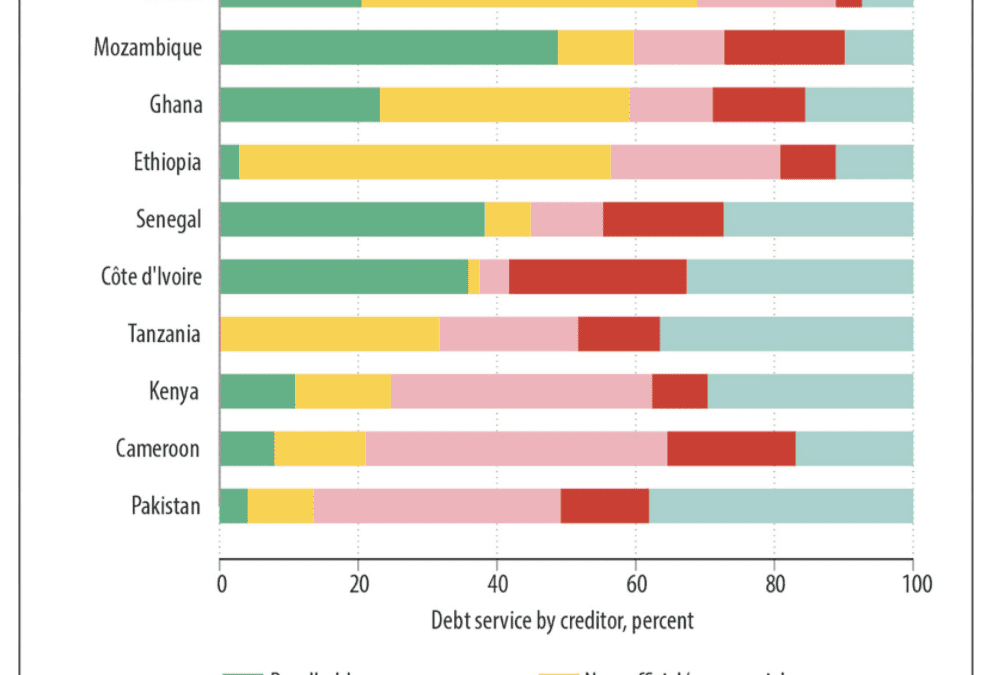
As access to vaccines continues to hamper developing countries’ response to the COVID-19 pandemic, many of these countries also face significant public debt burdens. The Debt Service Suspension Initiative (DSSI), intended to ease pandemic-related burdens on low and middle income countries, expires...

If there's one thing that American political scientists agree about, it's that the U.S. "job market" is pretty brutal. It's not uncommon for junior scholars to bounce between postdocs and visiting positions before getting a tenure-track job or a stable non-tenure-track position – or before...
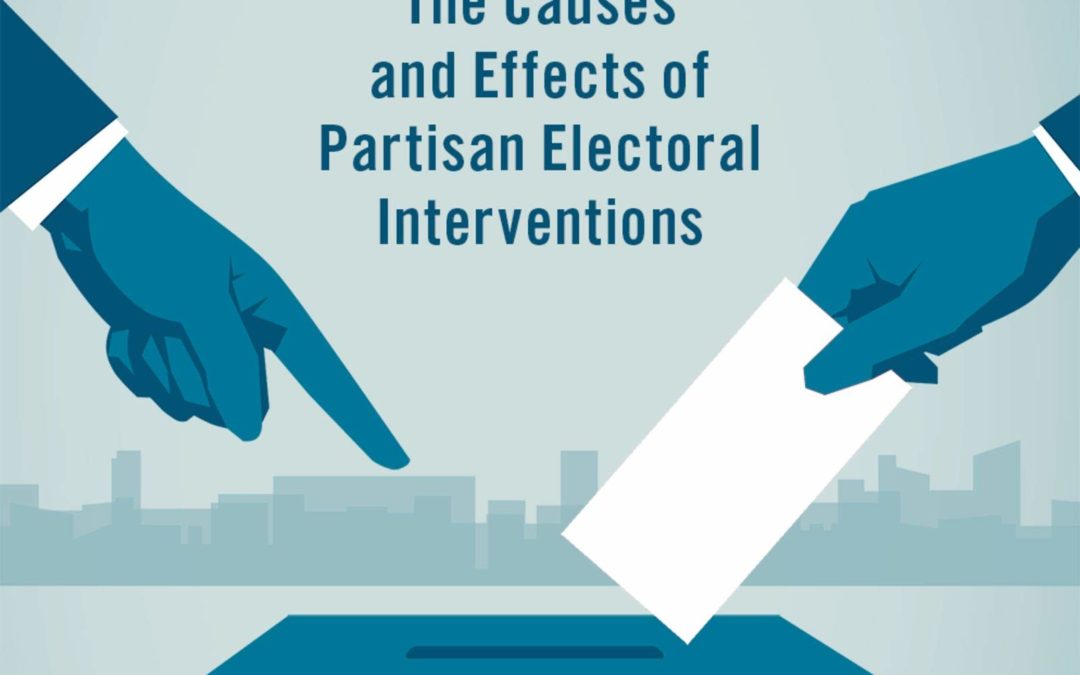
Dov Levin answers 6 (+1) questions about 2020 book on foreign electoral interference. When do great powers back a specific party or candidate in another country? Can they change the electoral outcome? Find out.

A (very small) corner of the policy world got excited Monday afternoon: the Biden Administration announced its picks for top international religious freedom positions. This is an area I've worked in for over ten years alongside my academic work, but it's one that few policy experts pay much...

Academics are increasingly becoming targets of online harassment, but too many universities and colleges are unprepared to support and protect their faculty. What steps should they take?

The counterfactual analysis used in debates about NATO expansion is far too limited. It makes the untenable assumption that the world would like mostly the same. This piece offers an alternative.
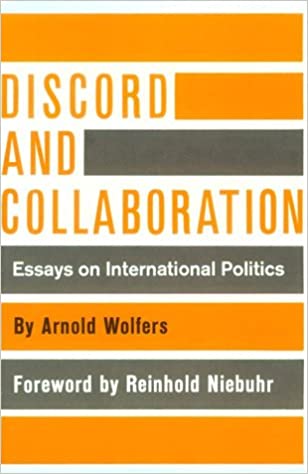
PTJ and Dan pick up where they left off – on Chapter 5 of Arnold Wolfers’ Discord and Collaborati…
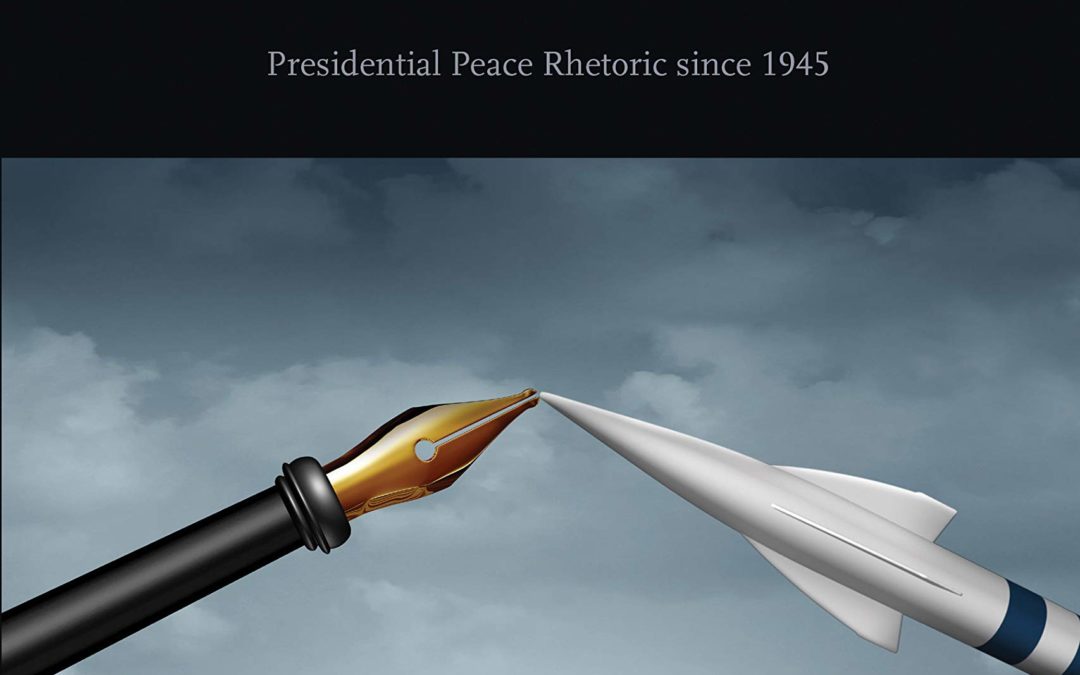
What if how presidents talk about ending wars contributes to the cycle of U.S. military intervention? Stephen J. Heidt answers 6+1 questions about his new book.
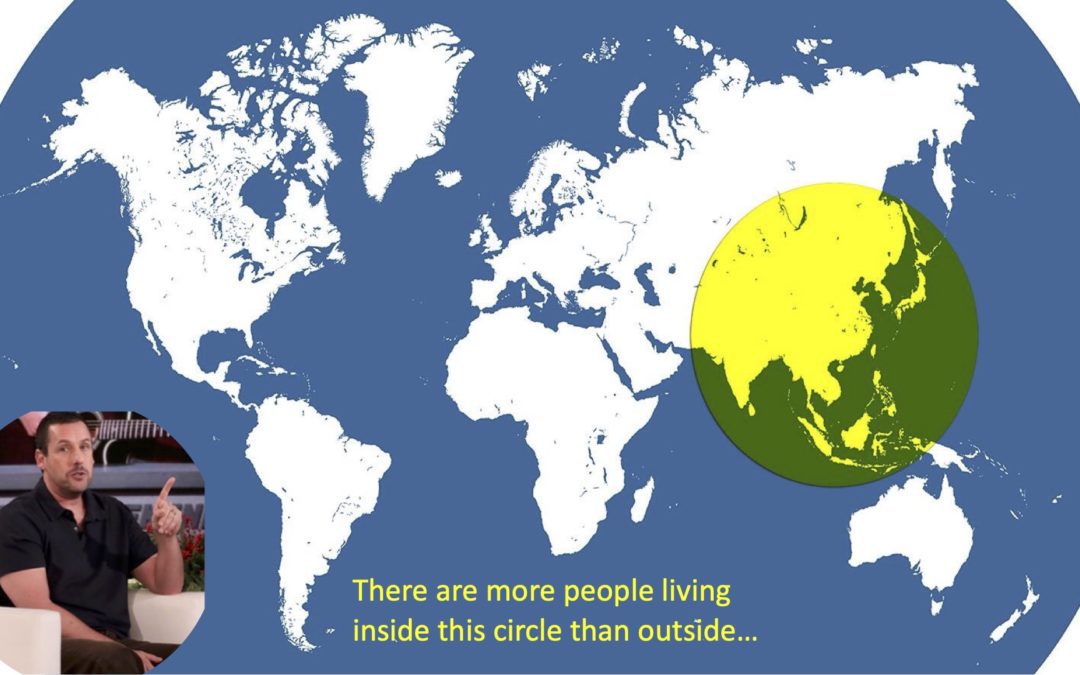
Film critics have approached Adam Sandler’s films the same way that IR scholars have analyzed the rise and fall of the Liberal International Order (LIO)
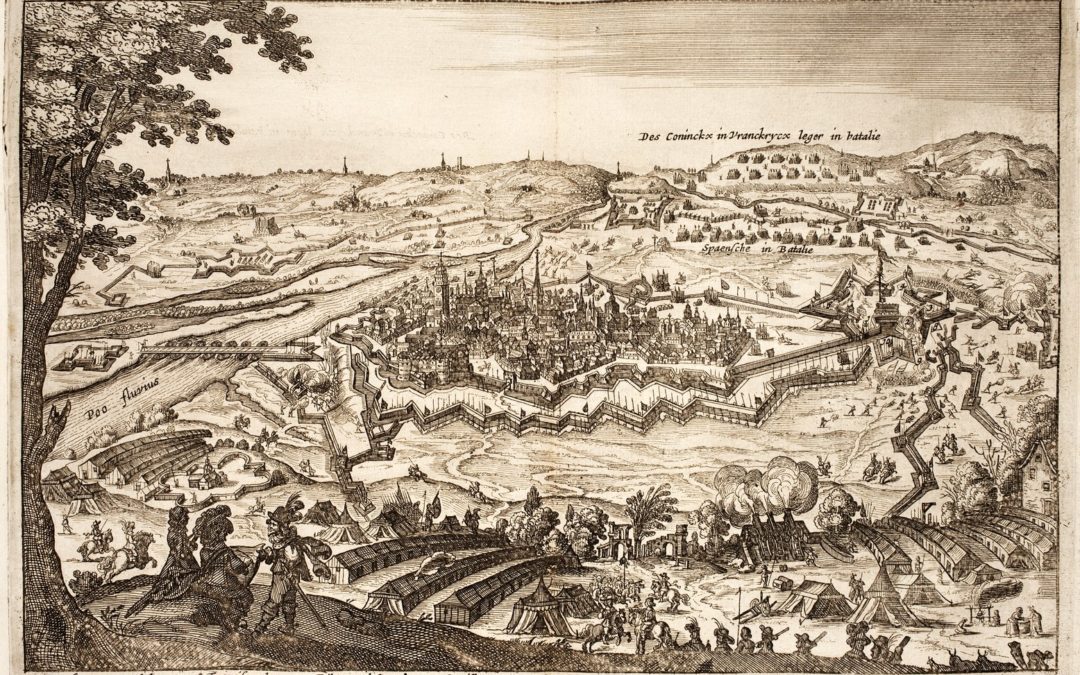
Did the study of state formation ever lose its religion? There’s a new wave of interest in the Catholic Church as an institutional formation.